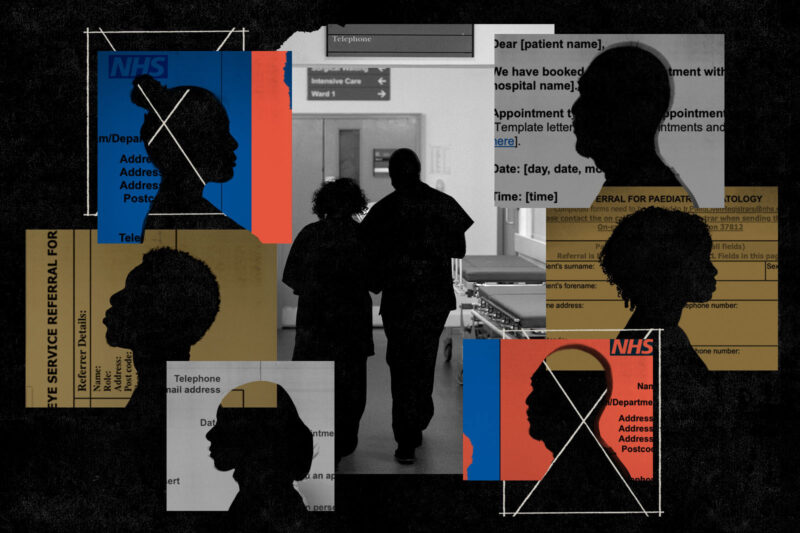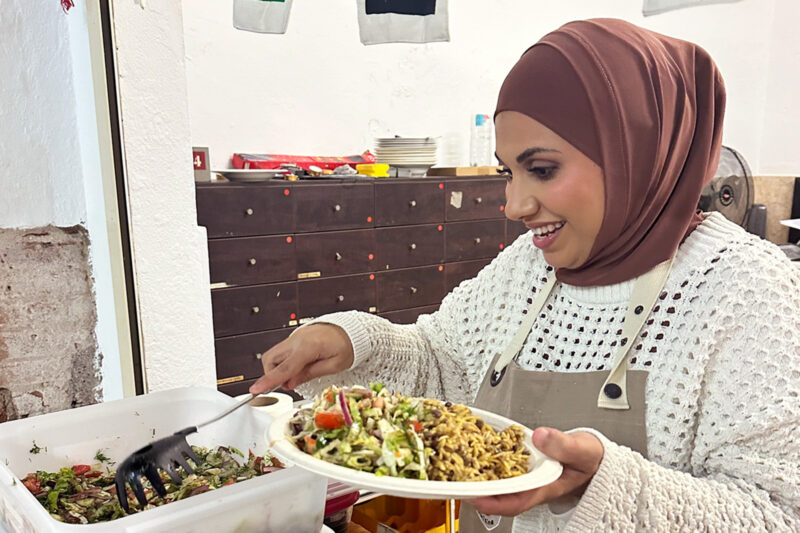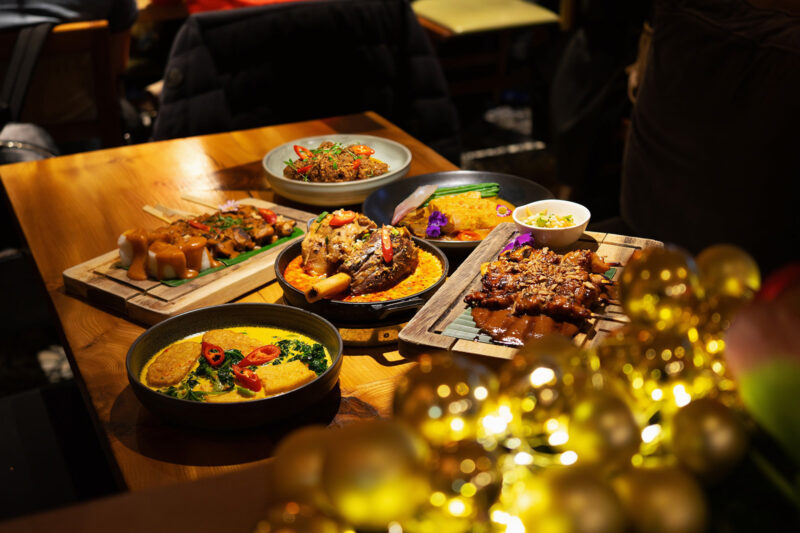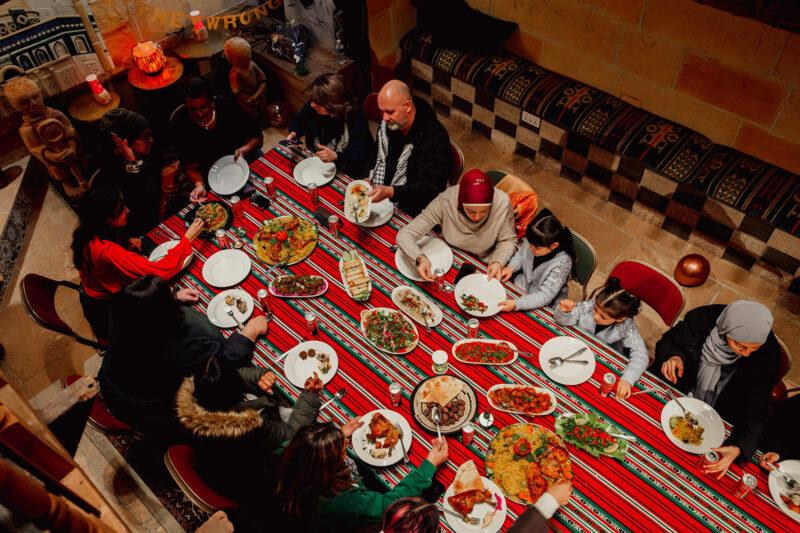Why fasting isn’t just for Ramadan
Mariam Amini embraces intermittent fasting all year round for the unmatched benefits, both spiritual and psychological, it offers her
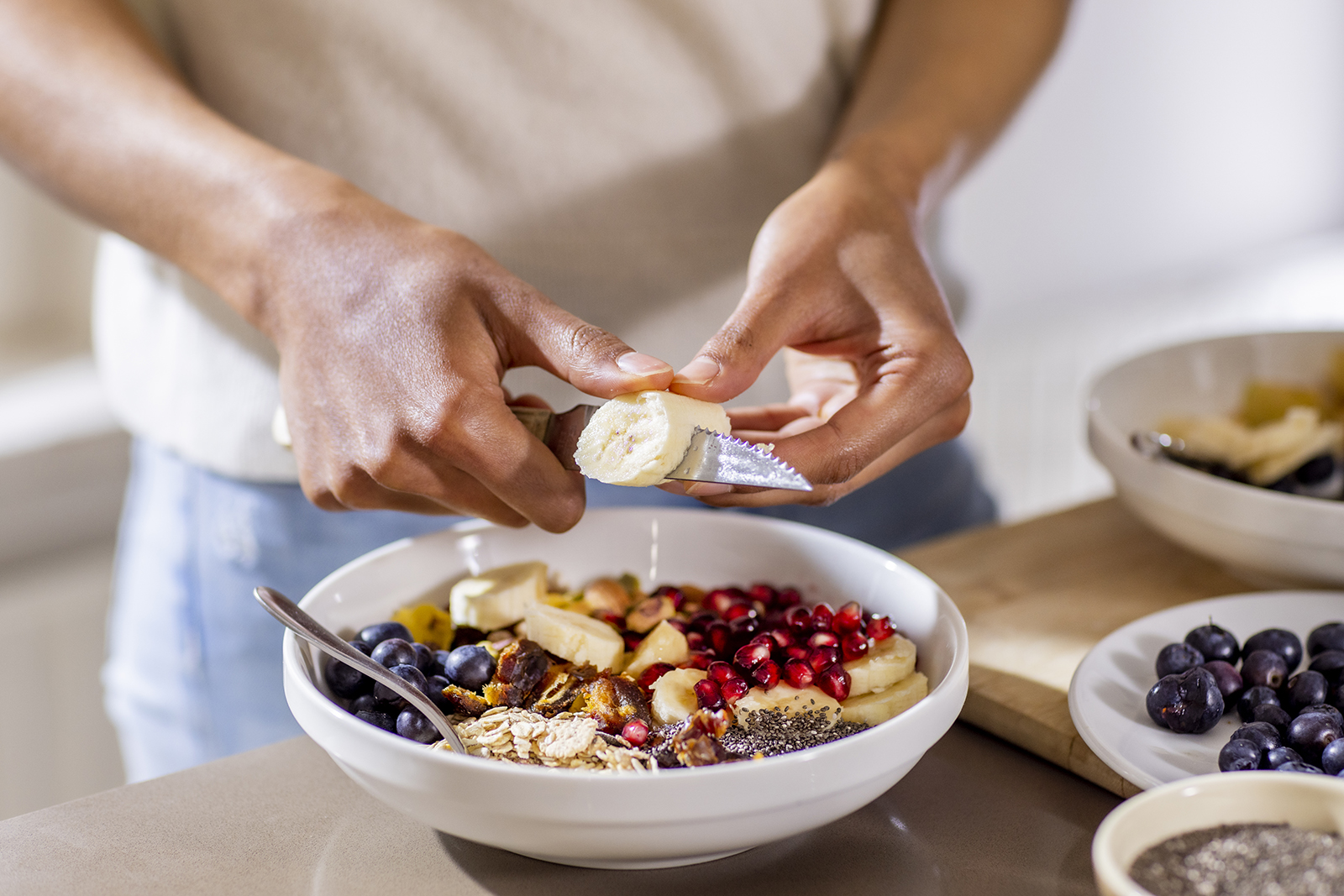
I first heard of intermittent fasting in 2020 while volunteering in Croatia during an eight-month trip through the Balkans. My husband and I were staying with a family of farmers on Brač island, helping with their annual olive harvest. As we all sat down for dinner one evening, the father, Mariano, told us about a health scare he’d had.
Twenty years ago, at barely 30, Mariano was diagnosed with heart disease and warned that he’d be on medication for the rest of his life. But after following his doctor’s diet and exercise plan for a year, his lab results came back even worse. Mariano decided it was up to him to change his fate.
Through trial and error, he eventually settled on intermittent fasting, a type of diet that restricts eating to certain times of day or days of the week, alongside a primal diet, which involves eating foods that are high in protein and fat and low in carbohydrates. Today there are countless books, apps and programmes advising people how to adopt a fasting lifestyle, but when Mariano took it up it was still quite unusual.
Mariano will turn 50 this year. According to his annual heart assessments, he has the cardiovascular health of a 25-year-old. He and his wife Crystal continue to fast intermittently and lead the hands-on labour at their olive farm.
Our conversation with Mariano that night left a strong impression on my partner Christian and me, but it wasn’t until the following Ramadan that we tried fasting for ourselves.
Christian had only converted to Islam the year before, but now, convinced of the health benefits, he wanted to fast for the full 30 days of Ramadan. I had fasted for the entire month just once before. Nevertheless, encouraged by his conviction, I decided to join him.
It was tough at first, especially the lack of water. By that point we had reached North Macedonia, but not eating during the day meant we had less energy to sightsee and had to be strategic, prioritising what we most wanted to visit and making peace with the fact that we couldn’t see everything.
We were tapping into a tradition that started more than a thousand years ago, a practice two billion people around the world continue to observe today, and we felt this on a visceral level. Sunsets became sacred, and we tried to spend as many of them outside as possible, taking with us a box of juicy dates and two bottles of water.
Pretty soon, Ramadan was over and Eid rolled in. For me, it was incredible to feel in control of my sugar cravings for once. I wasn’t ready to give that up, and Christian agreed.
We opted to continue fasting using the 16:8 method, fasting for 16 hours and eating within an eight-hour window daily. Three years later, we still follow the same diet.
I’ve dropped three clothes sizes and am the slimmest I’ve been in my adult life, but the main reason I fast is for the psychological benefits. Fasting gives me the mental resolve to exercise discipline as a daily habit. I feel empowered in my body instead of a passive passenger.
Much like with cold showers or intense workouts, there is a reason for the mental benefits of fasting. Our brains are extremely good at recognising discomfort, and reward us for overcoming it by boosting feel-good hormones such as dopamine and endorphins.
In June, a US pilot study by Johns Hopkins Medicine and the National Institute on Aging measured brain function biomarkers such as neurofilament protein (a type of protein structure that supports neural pathways) in two groups of people with obesity and insulin resistance. The first group followed a standard healthy diet, while the second adopted intermittent fasting.
By the end of the eight-week trial, researchers found that both diets had a positive effect on reducing insulin resistance, lowering glucose concentration and improving brain age. However, indicators of improved executive function and memory were higher among the intermittent fasting group by about 20%.
In August, researchers at the University of Sydney found that intermittent fasting could potentially benefit people with multiple sclerosis (MS), a lifelong condition that affects the brain and nervous system and can cause vision impairment, tiredness and difficulty walking.
The small-scale study measured levels of leptin, a hormone that helps regulate appetite and body weight and is typically elevated in those with MS. After 12 weeks, those who had fasted showed significantly lower leptin levels, were not as tired and did better in cognitive functioning tests.
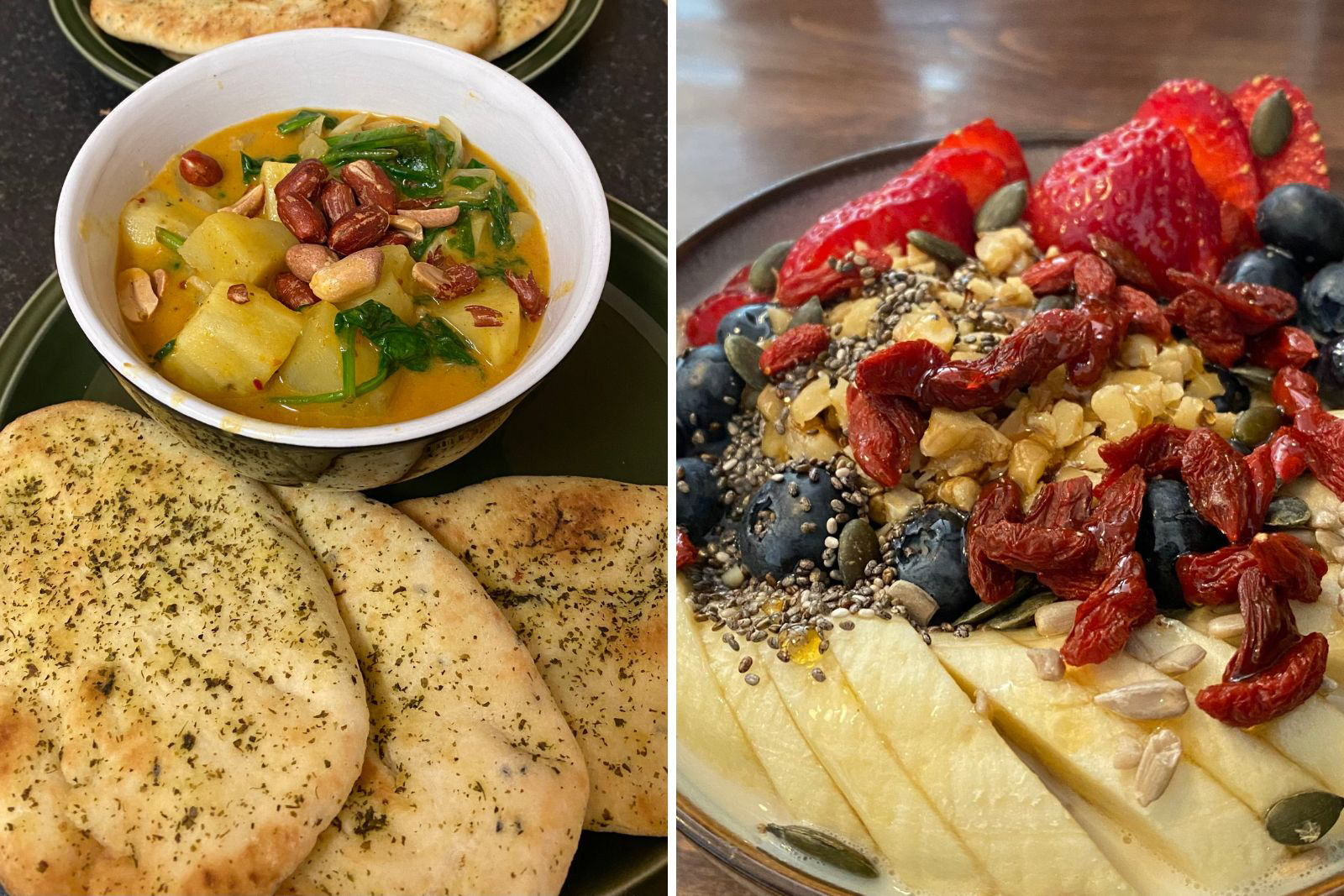
For nutritionist and burnout coach Katie Maycock, there’s also a possible correlation between gut health and intermittent fasting, but she notes the lack of research in this area: “I have found fasting – specifically, not eating in the mornings – to be the most helpful thing for digestion and reducing bloating.
“A lot of people use it as a weight loss tool, so it is getting a bit of a negative connotation. But I personally feel more energised from it, and so do my clients. Is there a lot of science behind it? Not a crazy amount, but that’s just my experience.”
According to the 2023 UK Gut Health Report, 58% of Britons have experienced gut health issues, with 45% reporting chronic discomfort lasting three months or more. While further research into the potential benefits of intermittent fasting on gut health is needed, testing the diet out on a trial and error basis as individuals is one approach.
Beyond the science, the spiritual perks, too, are notable. Fasting is observed in Christianity, Judaism, Buddhism, Taoism, Jainism and Hinduism. It’s a righteous pursuit that even the 13th-century poet Rumi praised, writing: “There’s a hidden sweetness in the stomach’s emptiness … The fog clears and a new energy makes you run up the steps in front of you.”
I certainly feel sharper on an empty stomach. By giving my body a break from digestion, it seems to function more efficiently. I’ve become more health-conscious as well. For instance, I don’t remember the last time I ate sugary cereal. When I’m not out for work, I typically start with a creamy porridge topped with dates, walnuts, mixed seeds, honey, cinnamon, banana and hemp protein powder.
I’ll usually have this around 2pm, with my digestive window open until about 10pm. However, I do think it’s important to remain flexible. Some days I may eat a little earlier, or extend the window to nine or 10 hours. When we stay with family we tend to take the days off, so we don’t miss out on quality time at breakfast.
I think it’s about growing in self-awareness and establishing the right balance. It’s amazing how fast our bodies adapt when we have the mental willpower. I find it easy to ward off fleeting moments of hunger in the morning because I’ve gained so much more than I’ve given up. Nowadays, the thought of starting my day with a meal seems intimidating.
For me, fasting is even more fulfilling when it’s aligned to a deeper purpose, such as expressing gratitude to God. It’s about reintegrating that mind-body connection. I’m prioritising a holistic diet that enriches my life and feeds my soul.
 Newsletter
Newsletter




